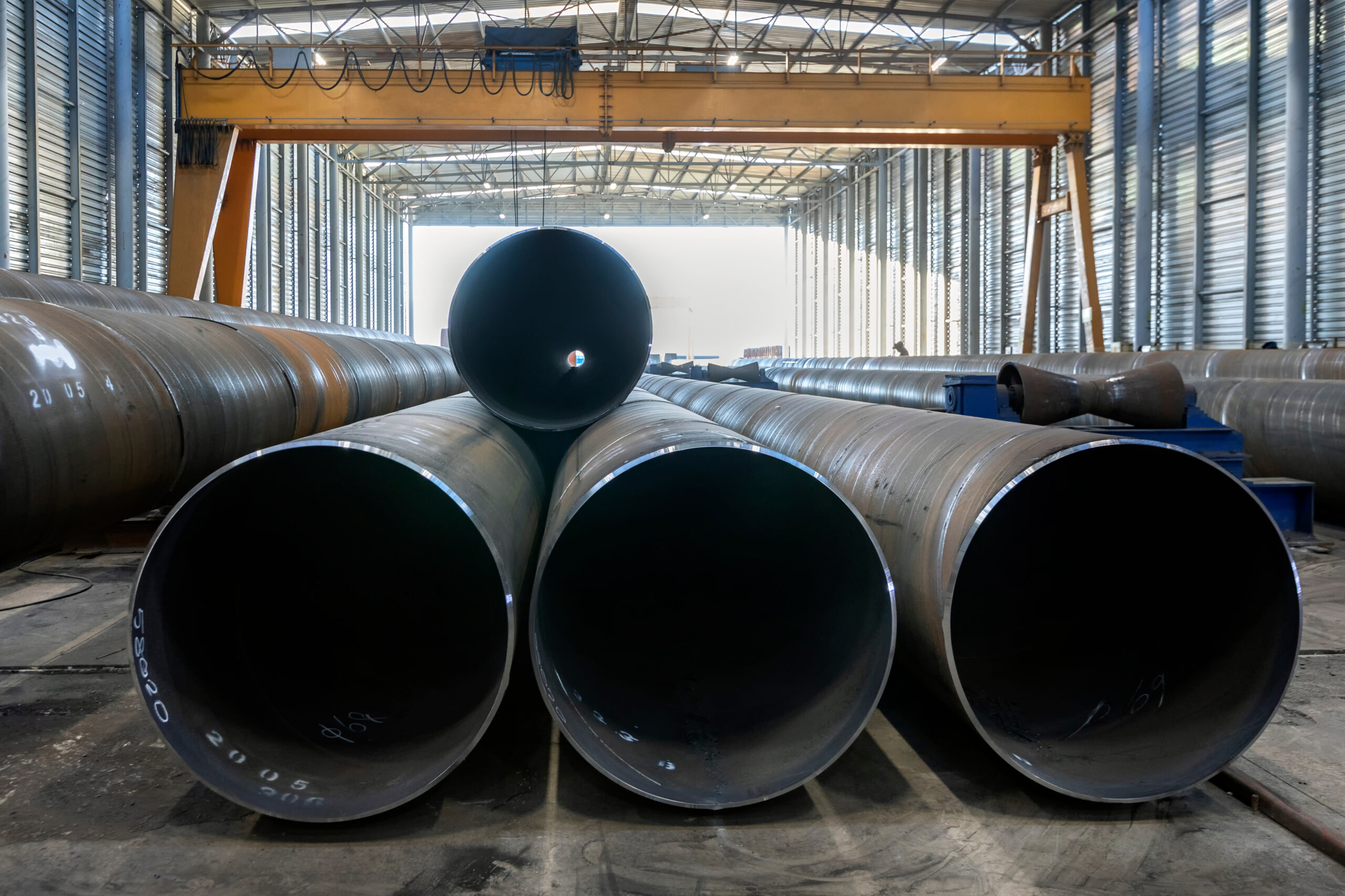Some U.S. Democrats call for moratorium on new carbon pipelines
With government support for carbon capture and sequestration, a building boom is in the works for new CO2 pipelines. But potential pipeline ruptures pose safety hazards and some lawmakers are calling for a halt in permitting.

A group of Democrats in the U.S. House of Representatives have sent a letter to President Biden, calling on him to place a moratorium on new pipelines carrying carbon dioxide, warning of the safety hazards that come with potential pipeline ruptures.
The call comes as the oil and gas industry is moving aggressively to invest in and build new carbon capture and sequestration (CCS) facilities amid growing pressure to cut greenhouse gas emissions from their operations. The scramble for CCS is being aided by federal tax credits signed into law by the Biden administration, which has championed carbon capture technologies.
CCS projects, however, will require more pipelines to move carbon dioxide around. CO2 pipelines are proliferating around the country, but many are concentrated on the U.S. Gulf Coast, where existing oil, gas, and petrochemical operations are located.
In a letter signed by 13 House Democrats, including Ilhan Omar and Jesus Garcia, they called on the Biden administration to halt permitting for all new CO2 pipelines, at least until the Pipeline and Hazardous Materials Safety Administration (PHMSA) finalizes safety rules. PHMSA is the federal regulator of pipeline safety.
“As an invisible and odorless asphyxiant, CO2 spewing from a ruptured pipeline can suffocate humans and animals without notice. Transporting CO2 under the extremely high pressure required to maintain a supercritical fluid state can cause ruptures that ‘unzip’ a pipeline over long distances, allowing CO2 to escape before the flow can be stopped,” the lawmakers wrote. “Due to the risk posed by carbon pipelines, PHMSA’s updated safety rules must be in place before the Administration issues any permits for new CO2 pipelines.”
The Pipeline Safety Trust, an NGO that focuses on pipeline safety, says CO2 pipelines are “dangerous and underregulated.”
The threats are not theoretical. In 2020, a CO2 pipeline ruptured in Satartia, Mississippi, releasing a cloud of carbon dioxide that concentrated at ground level. CO2 clouds can suffocate people, and dozens of people nearby were unable to breathe, gasping for air. “It looked like you were going through the zombie apocalypse,” Jack Willingham, emergency director for Yazoo County, told NPR. Around 45 people went to the hospital.
The risk of a repeat of that disaster will grow, with the construction of a spider web of new CO2 pipelines. It is still early days, but a building boom is expected this decade.
Already, some pipeline projects are running into trouble, and opposition is not only coming from environmentalists. Some CO2 pipeline projects need to travel long distances, and would require the seizure of land, which has sparked outrage in rural and conservative parts of the country. Regulators in South Dakota unanimously rejected a permit for one project in September, citing safety hazards and community opposition. Iowa’s legislature is also weighing protections on the taking of land by pipeline companies, in response to a highly controversial pipeline project in the works for the state.
“If CO2 pipeline mileage increases as projected, the CO2 pipeline network could soon rival the existing oil and natural gas pipeline networks in size and complexity,” the Pipeline Safety Trust wrote in a 2022 report. “PHMSA would be faced with the greatest and fastest pipeline expansion in the history of the U.S. pipeline industry, and many of these pipelines could threaten the safety of countless individuals and communities.”
PHMSA is expected to publish updated regulations on CO2 pipelines in 2024. In the meantime, the group of House Democrats wants President Biden to issue an executive order that places a moratorium on the permitting of new CO2 pipelines.
“We urge you to issue an Executive Order declaring a moratorium on any federal permitting of new carbon pipelines and related infrastructure until PHMSA’s safety regulations are finalized,” the lawmakers wrote. “We further request that the Administration direct PHMSA [Pipeline and Hazardous Materials Safety Administration] to consider the unique hazards of CO2 and the knowledge gaps about CO2 transportation safety to ensure we do not have more disasters like the one that happened in Satartia, Mississippi.”
